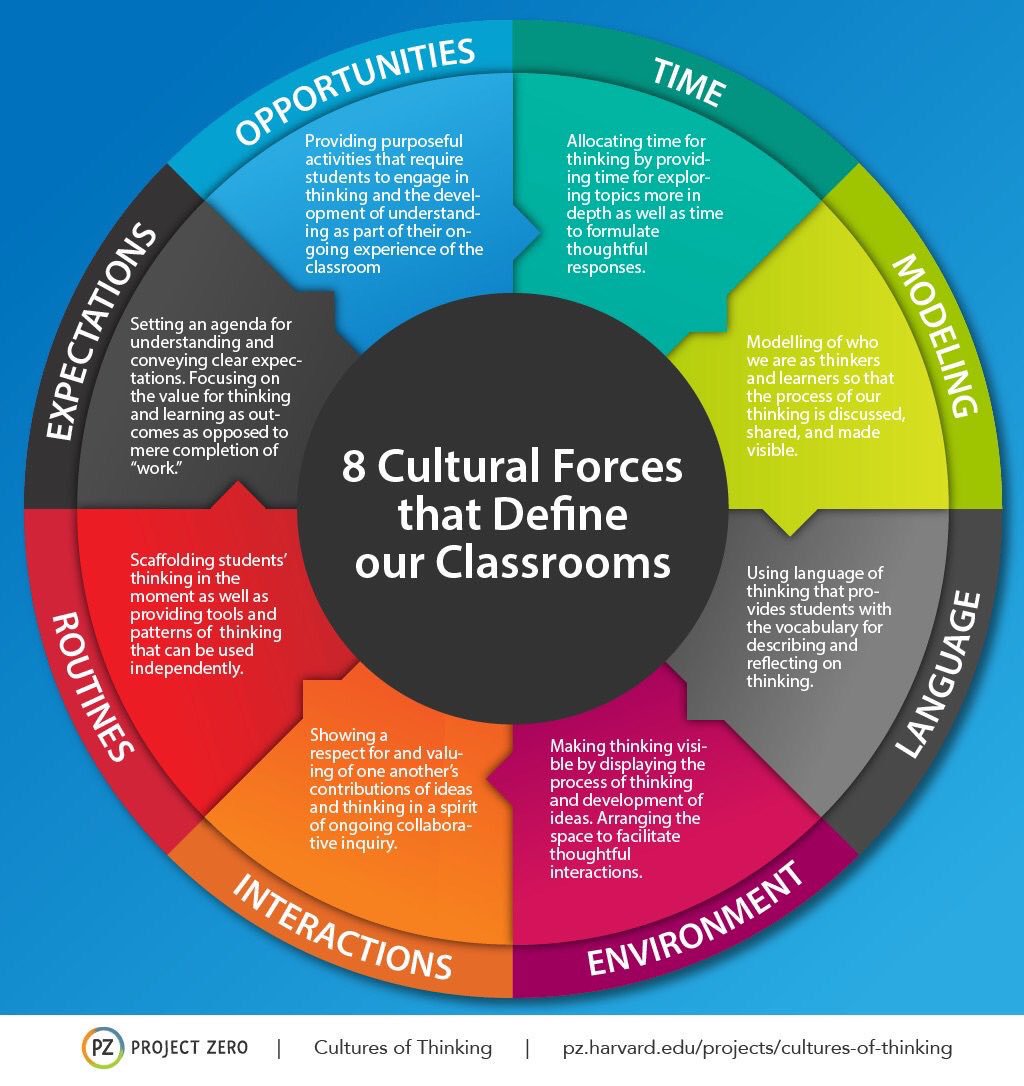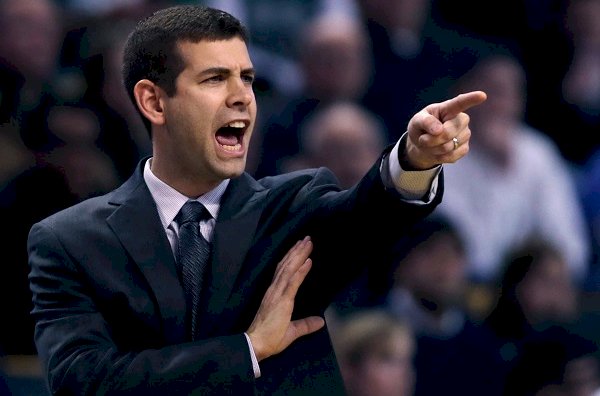I have for toyed with the idea of baking as an extended metaphor for teaching here and there. Fundamentally, both are part Science and part Art, complex processes that, to an extent, are unpredictable. In both cases, looks can be deceiving. This thinking has been reignited with the responsibility of leading and developing teaching, learning and to a lesser extent assessment in my new role.
It was a thought process enhanced and moved forward by conversations with Dr Sean Warren @seanequipoise whilst working on an improved lesson observation process (learning observations whilst at The Wellington Academy) and then and through my interest in Complexity Theory. Given infrequent conversations with Sean, it moved towards chefing, as there were more opportunities to extend the metaphor.
In January 2019 I am revisiting the metaphor,and my thinking, as part of a professional learning module for ONVU Learning. Of course, I started out with baking, and Sean’s metaphor is cooking.
Selection of the right tool and skill for the job.
| Baking | Teaching | Both part Art and part Science. Both are complex, dynamic and unique |
| Baker | Teacher | Apprentice – Expertise – continuum
Both requires deliberate practice and benefit from working with others. Both have a sense of creativity, presentation, composition. |
| Recipes / menus | Planning | Sticking to the plan or intuitive decisions? Delivering, tasting or responsive teaching. Low fi, hi fi, innovative and bleeding edge vs traditional established practice. |
| Ingredients | Activities or tasks | Which ingredients – independent or group work? Student led or teacher led? How and when these combine ingredients? |
| Kitchen | Classroom | Configuration, equipment, temperature, experimental eg Outdoor cooking or learning. |
| Preparation or bake time | Lesson length | Learning can be under and over cooked |
| Bake | Learning | In both cases, observing the finished product does not reveal all |
| Temperature | Learning climate | As any good chef will tell you, the kitchen itself is an important consideration when cooking. A egg from the fridge takes long to boil than an egg from the sideboard. |
| Menu | Curriculum
Lesson cycles |
How many and size course, how often does the meal appear on the menu. How many periods per week.
How often is the lesson taught? |
| Baking techniques | Lesson lead | Simmering, boiling and braising – instruction, group work, self-directed learning. |
| Equipment | Equipment | Applies to both settings – more so in some lessons than others. |
| Tasting | Responsive teaching | Adapting the bake, adapting the lesson. |
| Presentation | Presentation | How is the bake presented? How is the information presented? |
| Portion size | How much information is shared | |
| Diet | Curriculum | |
| Space for new ideas and new connections | ||
Despite of various connections, critically metaphor was too centric. Focusing on the chef and the product and hereby missing the fundamental importance of teacher-student, teacher-class interactions and communications. Second, the metaphor was linear, and of course, good teachers of apply cycles of delivery to promote learning. It may well be time to put the metaphor aside and focus on building (defining) a bespoke frame that supports our Trusts model of teaching, our school Values (Integrity, Care and Compassion, Respect, Responsibility and Commitment) and a culture of thinking.
We are at an important juncture. A global move to a new learning platform with further definition being added to our teaching model (a model that encourages independence and responsibility) – offers a mandate for change. A change that I plan to lead, including and incorporating a culture of thinking.
Effective teaching takes more than good planning, instructional design and transmission and assessment; it also requires attention to the culture of the classroom. Defined as a ‘learning buzz’ with ‘excellent opportunities over time to work in a variety of contexts: independently, as part of a group and as team leader’ within our accountability framework. Taking the view point of the pupils,
Pupils love the challenge of learning and are resilient to failure. They are curious, interested learners who seek out and use new information to develop, consolidate and deepen their knowledge, understanding and skills. They thrive in lessons and also regularly take up opportunities to learn through extra-curricular activities. They rapidly develop transferable skills which they use readily to make links between subjects and to approach each new challenge flexibly and creatively. They are self-motivated, strong problem-solvers, innovators and independent thinkers with a passion to succeed. They are extremely well-prepared for life beyond the classroom, both as leaders and team-players. They have excellent communication skils.
How do we create culture? How do we shape and mold it so that it supports pupils’ development as thinkers and learners capable of deep understanding? One line of investigation that has me gripped is Cultures of Thinking.
A model that recognises a number of components of the “chefing metaphor” and also teases and centres on a teacher-student relationship that I can subscribe to. A model where learning takes precendent over teaching. A model that emphasises student Integrity, Responsibility, Commitment, Respect and Care and Compassion (order changed to reflect the perceived bias). A model that put schooling in context of broad ambitions.
The purpose of school is not to help students be better at school. The purpose of school is to help them do better at life. Ron Richart attributed to Elliot Eisner*
 With an ambitions to create a “school-of-thinking” and to move away from a school-of-work and I am aware of what Ron Richart’s names “initiaive fatigue.” I am also aware that where Cultures of Thinking has taken route, school leaders see the process taking “three to five years.” (Oakland Literacy Podcast). That it is not a question of implementation, rather a question of growth.
With an ambitions to create a “school-of-thinking” and to move away from a school-of-work and I am aware of what Ron Richart’s names “initiaive fatigue.” I am also aware that where Cultures of Thinking has taken route, school leaders see the process taking “three to five years.” (Oakland Literacy Podcast). That it is not a question of implementation, rather a question of growth.
Next steps
Finish Creating cultures of thinking.
Connect with school leaders once around the culture of thinking block
Avoid the attractiveness of starting with thinking-routines
Investigate the work of Fred Newmann – University of Wisconsin-Madison
Evolving the culture of a school and the purpose of professional development is not merely a question of developing or injecting new skills but creating a school culture with the disposition to use them.
*The exact quote can be found in Reimagining Schools: The Selected Works of Elliot W. Eisner


